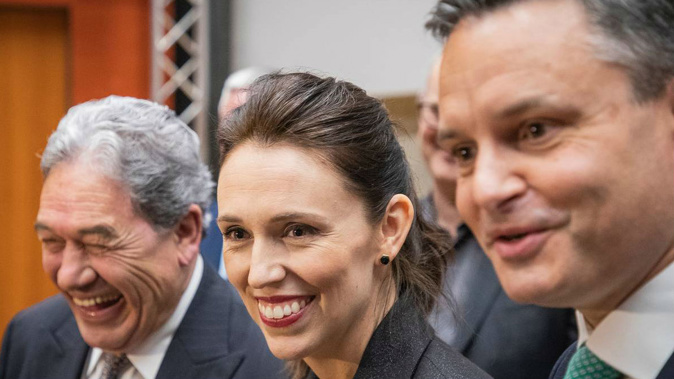
Business confidence continued to improve in December, hitting the highest level since October 2017 when the current government took office.
A net 13 per cent of 380 respondents to the ANZ business outlook survey expect worse times ahead, an improvement from the net 26 per cent in the prior survey.
A net 17 per cent anticipate an improvement for their own businesses in the coming year, the highest reading since April 2018, and an increase from 13 per cent in the November survey.
Business confidence took a tumble after the current Labour-led coalition took power and has only recently begun to show signs of improvement.
"The lift in the activity indicators was again quite broad-based," ANZ chief economist Sharon Zollner said, noting particular strength in the manufacturing sector.
"Services and manufacturing are the most upbeat sectors; construction remains the least optimistic but is improving rapidly," she said.
"New Zealand businesses are rolling into the end of the year in much better heart than was looking likely just a few months ago, particularly manufacturers."
Employment intentions have improved with a net 8 per cent of firms intending to hire staff, up 5 points from November, while investment intentions rose 3 points to 9 per cent, driven by a sharp lift in the manufacturing sector.
Capacity utilisation lifted 10 points to 15 per cent while profit expectations lifted 3 points, with just a net 2 per cent expecting lower profitability in the coming year.
"The survey wasn't without its sour notes: expected availability of credit fell to its lowest level in at least 10 years," Zollner noted. "There were some signs of incipient inflation pressure, with costs, pricing intentions, and inflation expectations all modestly higher."
Expected availability of credit fell 12 points to a net 43 per cent of firms expecting credit to be harder to get in the coming year, the lowest read since the question was first asked in June 2009. It was lowest for agriculture.
A net 53 per cent of firms expect higher costs, up 8 points and the highest reading since ANZ started asking the question in April. Pricing intentions rose 3 points to a net 27 per cent of firms expecting to raise prices.
ANZ also asked firms what they considered to be their most important problems. Overall, firms reported that regulation and paperwork were their largest problems, followed closely by a shortage of skilled labour and then competition from other businesses.
By sector, the agriculture sector was by far the most concerned about regulation and paperwork. The construction sector said finding skilled labour was their most significant problem by some way, and retail was the only sector that considered competition to be their most important problem.
Take your Radio, Podcasts and Music with you









